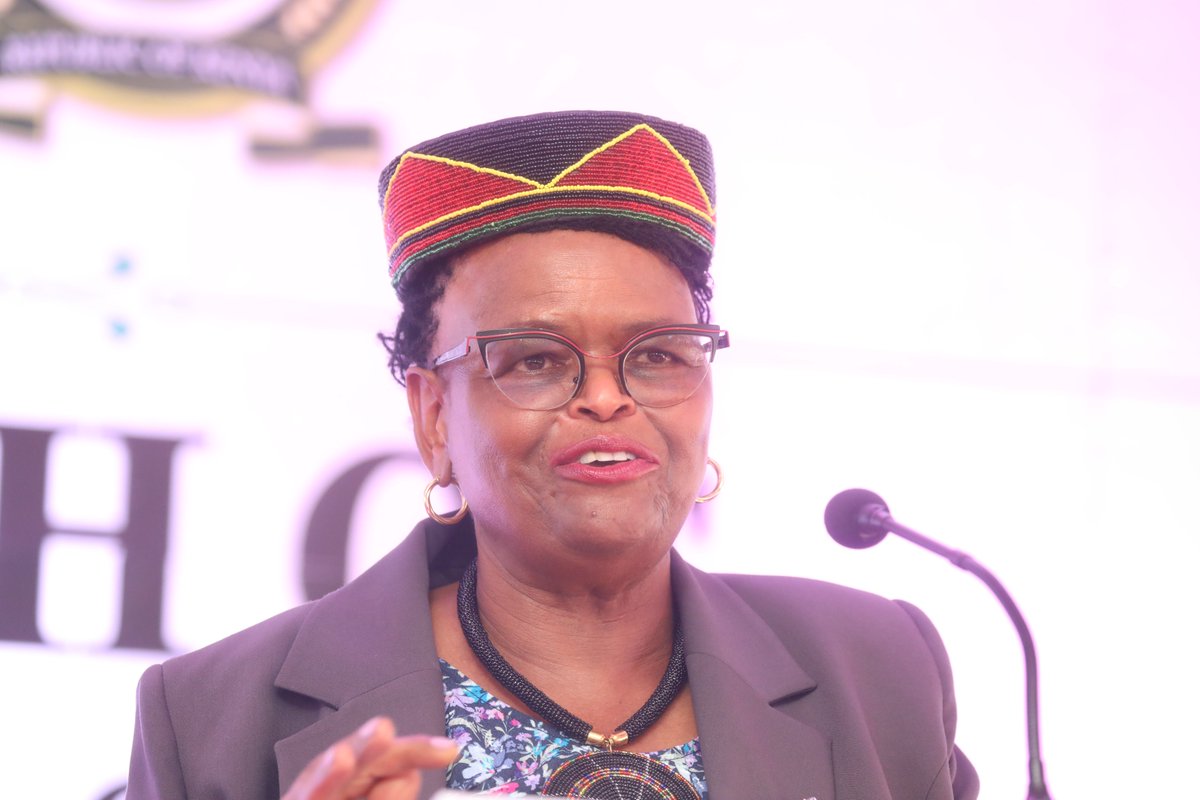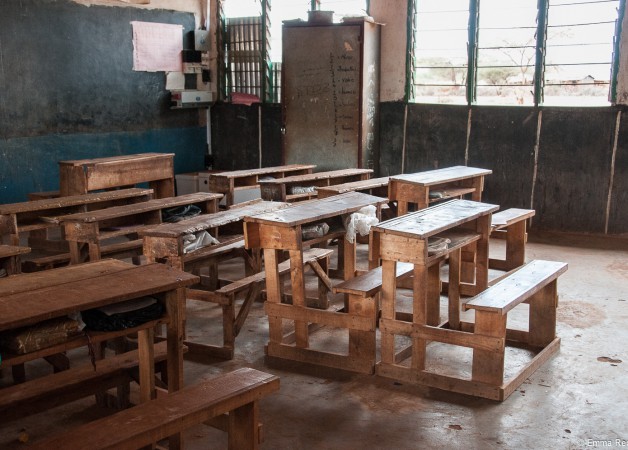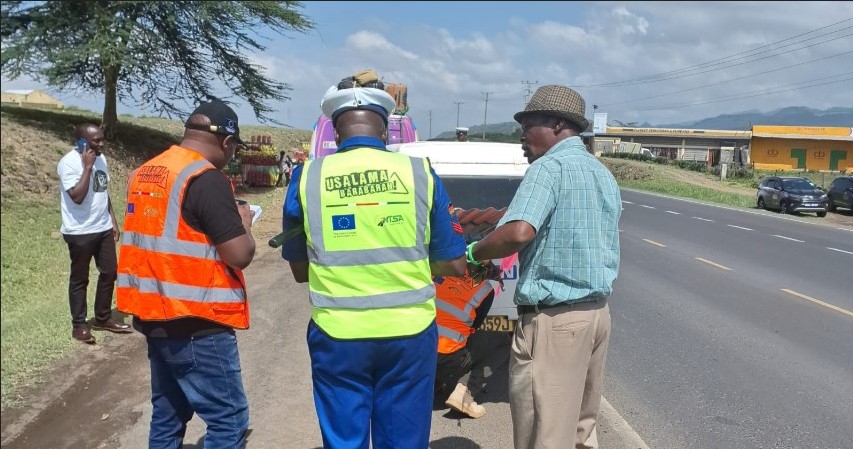Chief Justice Koome urges collective action against rising gender-based violence cases

The Chief Justice urged all citizens to reflect on the societal decline that allows such violence to thrive.
Chief Justice Martha Koome has called on Kenyans to take up collective responsibility in the fight against Sexual and Gender-Based Violence (SGBV), describing the rising cases as a worrying trend that demands urgent and united action.
Speaking in Kisumu during the launch of the Tribunals Shared Service Centre, Koome said SGBV and femicide are no longer issues the Judiciary can handle alone. She urged all citizens to reflect on the societal decline that allows such violence to thrive.
More To Read
- Violence against women and children is deeply connected. Three ways to break the patterns
- Women MPs call for abolition of death penalty for female offenders, citing gender inequities
- Police granted 20 days to probe murder of 17-year-old orphan in Garissa
- Over 31,000 SGBV cases filed in Kenyan courts in 2024/25, report reveals
- Senate urges swift action on Kenyans stranded in Russia, gender violence, mental health, and illegal construction
- New Bill proposes harsher penalties, mandatory compensation for SGBV offenders
“SGBV cannot be handled conclusively by the Judiciary alone. We must work together to find out what is ailing our society that our people no longer have dignity for the vulnerable,” she said on Monday.
The Chief Justice underlined the Judiciary’s determination to ensure swift justice in SGBV matters, adding that new steps were being taken to fast-track these cases.
She announced the introduction of Gender-Justice courts to help expedite the hearing and conclusion of sexual and gender-based violence cases.
“SGBV should never be tolerated at any level of our society. We are at the centre of this matter and will make sure that we firmly deal with the perpetrators to offer hope to our society,” she said.
Koome described the launch of the tribunal service centre as a major milestone in delivering justice that is people-centred and accessible to all.
“A tangible step towards our aspirations to demystify and democratize justice for the common good of all,” she said.
Her remarks come against the backdrop of a disturbing report by the National Police Service (NPS), which has pointed out several challenges in responding to GBV and femicide cases.
The report, presented in April to the Technical Working Group on GBV, noted widespread delays in case handling, reluctance by some officers to take up statements, poor evidence preservation and a general lack of safe environments for survivors.
“There have been concerns about delays in filing cases, reluctance by officers to record statements, poor preservation of evidence and lack of survivor-friendly environments in police stations,” the NPS said.
It also highlighted serious underreporting, driven by fear, stigma and low trust in police processes.
The NPS cited the lack of a centralised, digitised case management system as a key barrier to tracking and prosecuting cases efficiently. Capacity gaps, inadequate funding, few trained officers and weak enforcement of cybercrime laws were also listed as ongoing hurdles.
Data from the NPS and the National Crime Research Centre paints a grim picture: at least 129 women were murdered in the first three months of 2025, with most killings reported in Busia, West Pokot and Nandi counties.
March recorded the highest number at 44 cases, followed by January and February with 43 and 42, respectively.
Top Stories Today













































